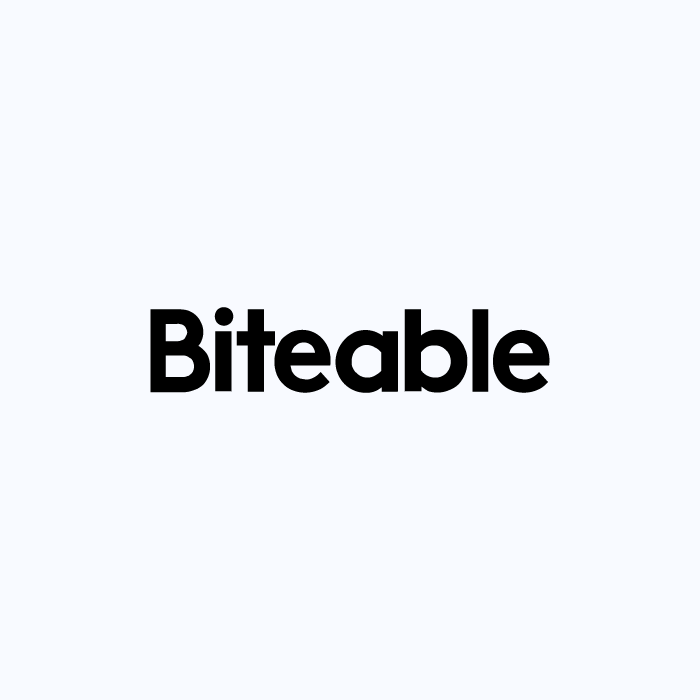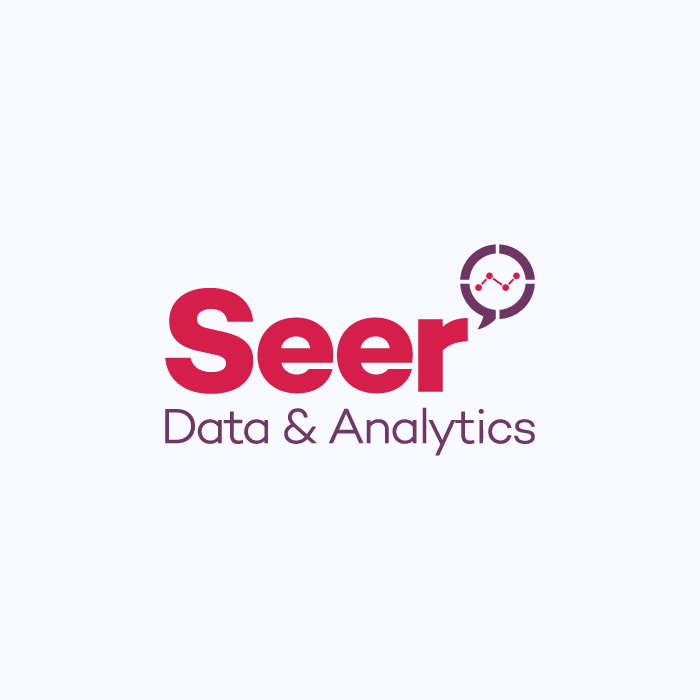You’re in good company.
Since joining my first startup in 1995, I’ve worked for hundreds of startup founders and have invested in some of the best.
Some of the teams and founders I’ve worked with:
I don’t just mentor startups, I also invest in them.
Startups I’ve invested in.
Services for startups
FAQs
The purpose of the introductory session is for you and I to decide whether we would like to work together on some of the problems or challeges you’re facing. A good place to start is for you to get to know me a little, and for me to get to know you a little. You might want to tell me a bit about who you are, where you’re from, what you’ve done in the past, and what you hope to achieve in working with a coach.
I use an AI transcription app to keep session notes for me, so that I can remain aware and 100% present on our discussion. I encourage you to do the same with all your meetings, including those you have with me. You should review your notes after each of our sessions, and send me a follow-up email including what you’re committing to doing before our next session. This might include some tasks, some background reading or watching, and some adjustments to your measurable goals.
What we discuss is entirely up to you. All business is personal to some extent, so it’s normal to discuss challenges you face in work and personal relationships as part of our sessions. You can bring and share pitch decks, marketing copy, visual designs, spreadsheets and draft contracts if that help us get on the same page.
I usually prefer to work with individuals and smaller teams - teams with up to five members. I find teams of this size often need more directional suppprt and I’m able to positively effect more change with them. Sometimes it’s a small team in the leadership or a division of a larger company, or in an accelerator or incubator it might be a number of small teams.


















